This article compares the two different types of computer networking solutions, namely RDP vs VPS.
If you are confused between these two networking systems, read on to find out the differences between them in detail here.
What is an RDP?
RDP expands to Remote Desktop Protocol which is a proprietary technology of Microsoft. It provides you with remote access to another computer system over the network and allows complete desktop visualization.
RDP empowers you to control a computer remotely through your mouse and local keyboard. You do not require any special computing system for using RDP, your personal computer is enough to utilize the power of this technology.
What is a VPS?
VPS stands for Virtual Private Server which is a small virtual unit of a large physical server. One physical server is divided into multiple virtual servers with the help of virtualization technology.
A VPS creates independent hosting environments for different users. All the resources of the physical server are allocated to different virtual servers to provide the end-users with a fixed set of resources and features.
What is the difference between RDP vs VPS?
The major difference between RDP and VPS lies in the root access that these technologies offer. RDP does not provide you with root administrative access to the server while a VPS comes with a root access feature and SSH connectivity.
Here are some other important differences between RDP and VPS network connections:
- RDP allows access to the server computer to multiple users at the same time while a VPS is built for giving dedicated access to virtual server resources to a single user.
- RDP provides you with lesser flexibility and control over the server whereas a VPS allows you to use and control your server however you like.
- RDP does not imitate a server but VPS does.
- RDP grants you access to remote servers, unlike VPS.
- RDP aims to ease the process of sharing data and applications over different systems. On the other hand, VPS aims to mimic a physical server to provide you with a dedicated server-like experience without spending a fortune.
For easier understanding, here is the difference between RDP and VPS in tabular form:
| Basis | Remote Desktop Protocol (RDP) | Virtual Private Server (VPS) |
| What is it? | It is a terminal service. | It is a server. |
| Function | It grants remote access to a server or computer. | It mimics a physical server. |
| Flexibility | It offers less flexibility and control over the server. | It provides you with greater control over the virtual server and its resources. |
| Data sharing | It facilitates data and application sharing over different computer systems. | It does not offer any kind of data sharing between different computing devices. |
| Users | Multiple users can access a remote computer at the same time. | A VPS is built only for a single user. |
| Goal | Its main goal is to allow easier sharing of data between different users. | Its main goal is to offer a dedicated server-like experience at an affordable cost. |
| Privacy | All the information is shared among different users, so RDP offers lesser privacy. | A VPS offers much more privacy than the shared environment of RDP. |
| Root access | It does not provide you with root administrative access to the server. | It offers root administrative access to the virtual server. |
When to use an RDP?
When you just need a shared server without any administrator access, you can use RDP and allow data access to your team members.
When to use a VPS?
When you want to have administrator access, you must consider using VPS as it will provide you with complete flexibility and control over the server.
Best Recommendations
Since now you are aware of when to use the power of RDP and VPS networking technologies, here are some of the best recommendations for both:
2 RDP recommendations
Here are the two best companies offering remote desktop access for your business/project:
#1 Kamatera
Kamatera deploys a cloud server for you in less than 60 seconds. It allows you to custom-create your server and scale up or down as and when you desire. The price will vary depending on the features you choose.
You can easily set up a Remote Desktop Server and centralize the use and management of all your installations. With Kamatera, it becomes extremely easy for multiple users to access the same remote desktop and avoid duplication of different installments on each user’s computer.
#2 Contabo
Contabo offers a Windows Remote Desktop plan at an affordable monthly cost of $14.28. This cloud hosting plan comes with the Windows 2016 server, 8 GB RAM, and 200 GB SSD. Contabo seems to offer a perfect solution to enter the remote desktop world.
VPS recommendation
For VPS, my only recommendation is InterServer which offers Windows VPS Hosting at the starting price of just $10 per month. You can run and access all your Windows applications 24/7 with the host.
The host gives you the widest plan options and allows you to choose a plan based on CPU cores, memory, storage, and amount of data transferred.
The plan price varies depending on the server resources you select. InterServer also offers 24/7 support via its in-house experts.
Conclusion
Both RDP and VPS are of immense importance in the computer networking field but have different use purposes.
- RDP is best for businesses having remote staff. It is also useful in those industries where you need to run some software continuously in the background, for instance, currency mining, data processing, forex, etc.
- VPS is best for those website owners who are looking for dedicated server resources and enhanced security. It is also suitable for small to medium business websites because of the data security it offers.
FAQ (frequently asked questions)
📌 Which is better: VPS or RDP?
RDP is better when you want remote access to a computer for your whole team while VPS is better when you want a private network only for your use.
📌 Can I use VPS as RDP?
You cannot use VPS as RDP but as a part of it. Since RDP connects you with a remote server, you can connect to a VPS via RDP.
📌 What’s the Best RDP provider?
In my opinion, Kamatera is the best RDP provider with 24/7 technical support and a 30-day free trial. You can pick and choose the features you need and pay only for them.

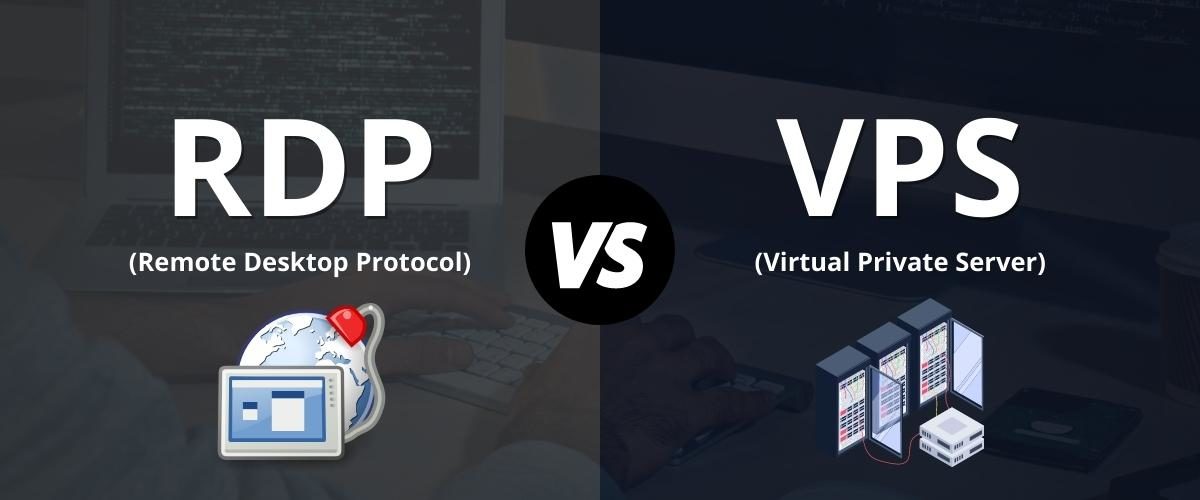
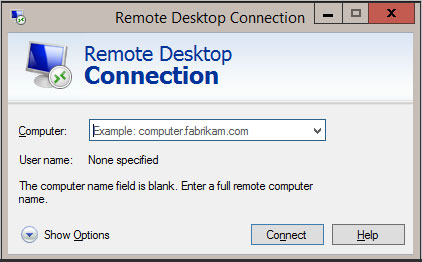
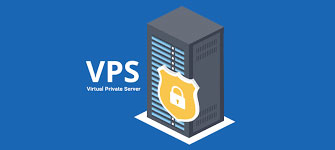
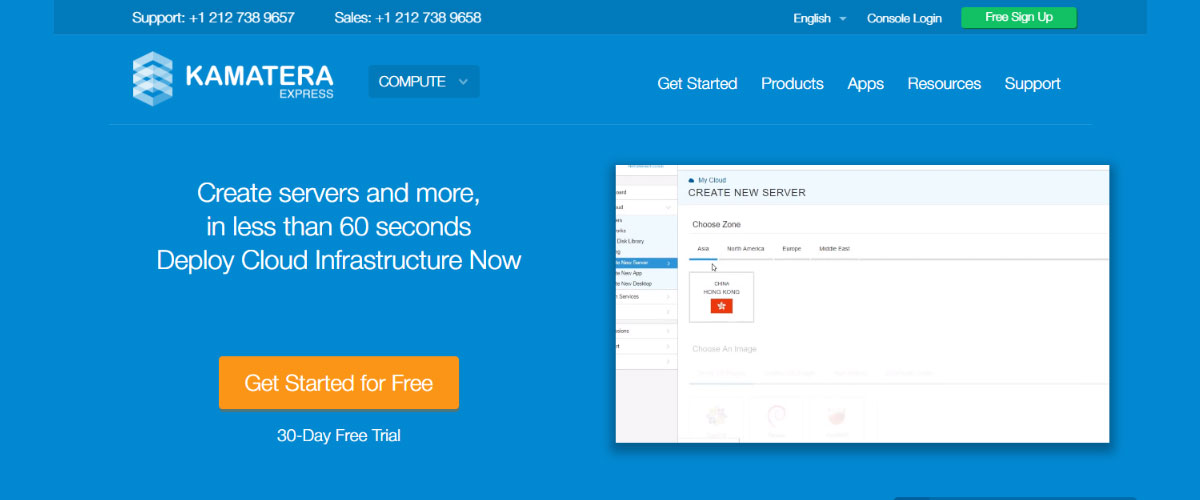
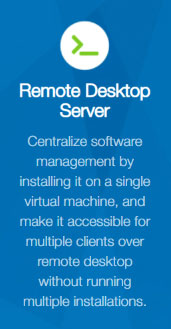
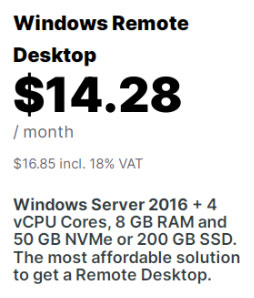
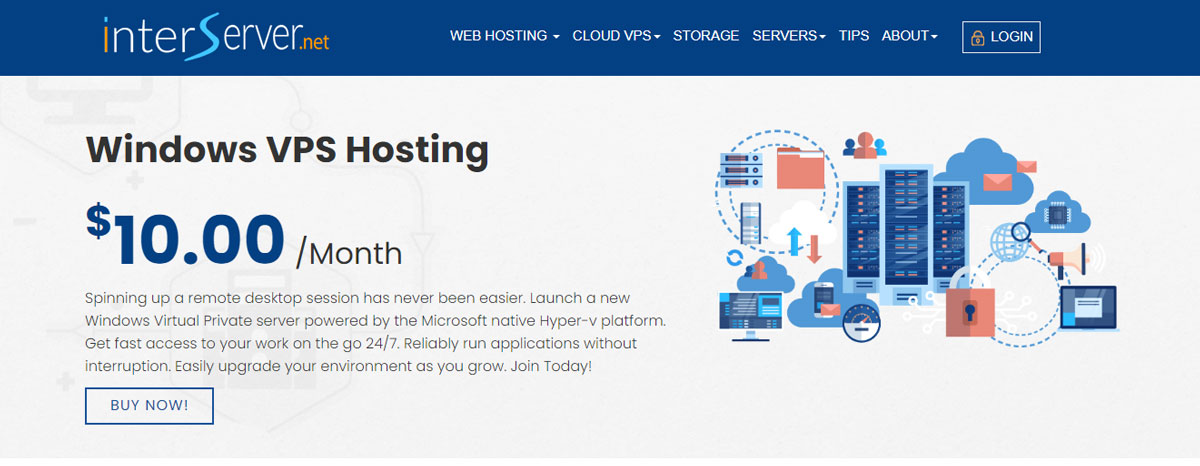
Web Hosting Expert, Content Writer, SEO Consultant, and Web Developer with over 10 Years of Experience.
He has a passion for technology and has spent over a decade reviewing and testing web hosting companies to provide his readers with honest and accurate reviews of the companies he had experiences with.
Tommy loves helping people and has helped hundreds of people start their own successful blogs.